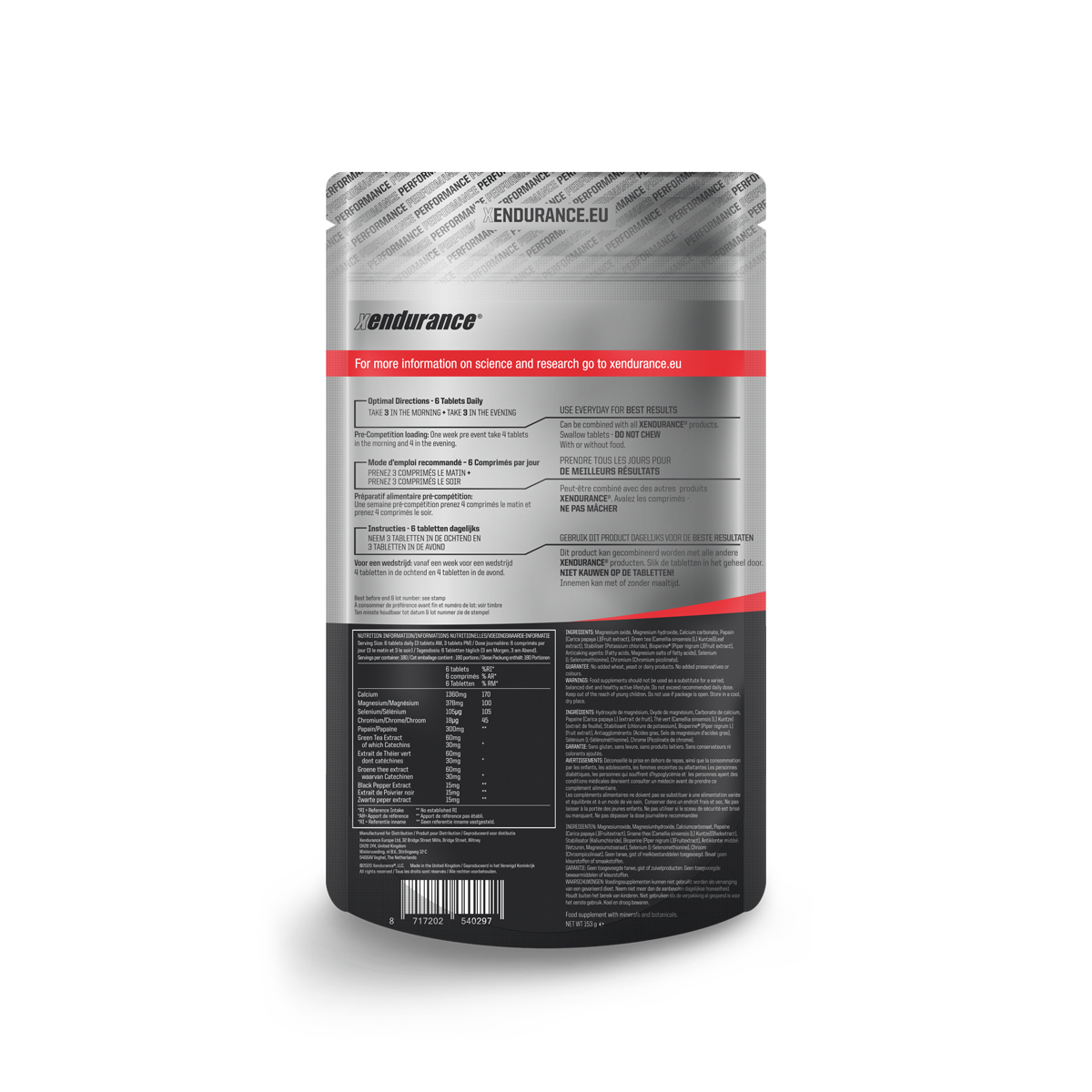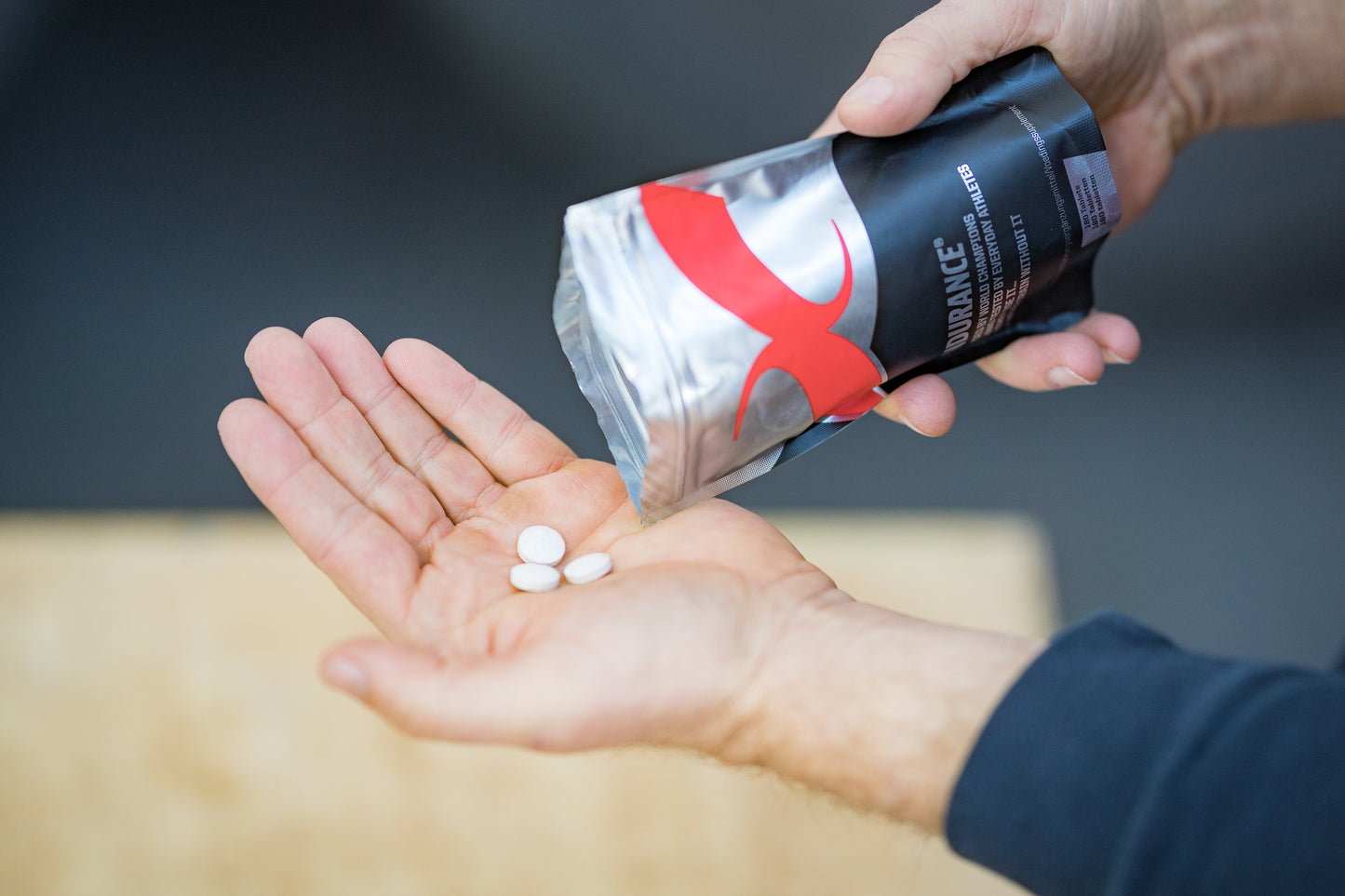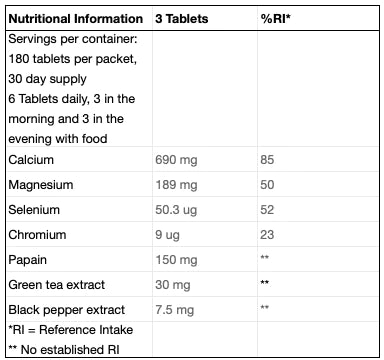Running a 10 kilometre race is an excellent way to challenge your physical and mental abilities. Whether you're a seasoned runner or a newbie, improving your time and running a faster 10K in just six weeks is achievable with proper training and dedication. Here are some tips that can help you to achieve your goal.
-
Set a Goal: The first step to running a faster 10K is to set a realistic goal. It is essential to determine how much you need to improve and what you want to achieve in the next six weeks. Aiming to shave off a few seconds or minutes from your previous race time is a good start or consider a percentage improvement. Your goal should be specific, measurable, achievable, relevant, and time-bound.
-
Create a training structure: To achieve your goal, you need to develop a structured training plan that incorporates various types of workouts, such as speed training, tempo runs, long runs, and recovery runs. Your training plan should be progressive, meaning you increase the intensity of your workouts gradually. Start by running shorter distances at a slower pace, and then increase your mileage and speed as your fitness improves. Make it fit around your life, and try to commit strictly over the six weeks.
-
Incorporate strength training: Strength training is an essential component of running faster. It helps to build muscular endurance and improves your running form, which can increase your speed and reduce your risk of injury. Incorporate strength training exercises such as squats, lunges, and planks into your training routine to improve your overall strength and fitness. Sometimes it helps to jump off the treadmill and use some of the other kit in the gym!
-
Focus on proper nutrition: Proper nutrition is essential for optimal performance. Ensure that you're consuming enough carbohydrates, protein, and healthy fats to fuel your body during training. Eat a balanced diet that includes whole grains, lean proteins, fruits, and vegetables. Additionally, make sure you're staying hydrated by drinking plenty of water before, during, and after your workouts. Consider increasing carbohydrate and salt intake the day before longer runs to fuel properly. Over a flat 10km run most people should be able to run without additional fuel or hydration but do test what works best for you, we are all different!
-
Get enough rest and recovery: Rest and recovery are essential for improving your performance and preventing injury. Ensure you get enough sleep, at least seven to eight hours each night, to allow your body to recover and recharge. Additionally, include recovery days in your training plan to give your muscles time to heal and rebuild. These recovery days do not mean sitting on the sofa and moving as little as possible, incorporate some mobility work or low impact exercise (eg, gentle walk or swim).
-
Practice mental toughness: Running a faster 10K requires mental toughness, as well as physical fitness. During your training, visualise yourself achieving your goal and push through the discomfort during challenging workouts. Focus on positive self-talk, and remind yourself of your achievements and strengths to maintain a positive attitude.
-
Test yourself: Testing yourself is an excellent way to track your progress and evaluate your performance. Incorporate a few shorter time trials into your training plan to gauge your fitness level and identify areas that need improvement. Use the feedback from these races to adjust your training plan accordingly. Maybe go an join your local parkrun or fun run to test your 5km time whilst running alongside others.
In conclusion, running a faster 10K in six weeks is achievable with proper planning, dedication, and hard work. Set a realistic goal, develop a structured training plan that incorporates different types of workouts, focus on proper nutrition and recovery, and practice mental toughness. Finally, test yourself regularly to track your progress and make adjustments to your training plan. With these tips, you'll be well on your way to achieving your goal and running a faster 10km in no time! You might also find sticking strictly to a six week training plan as a spring board to longer training plans.
Stuck for inspiration? Here are 3 different training plans that you can try out









